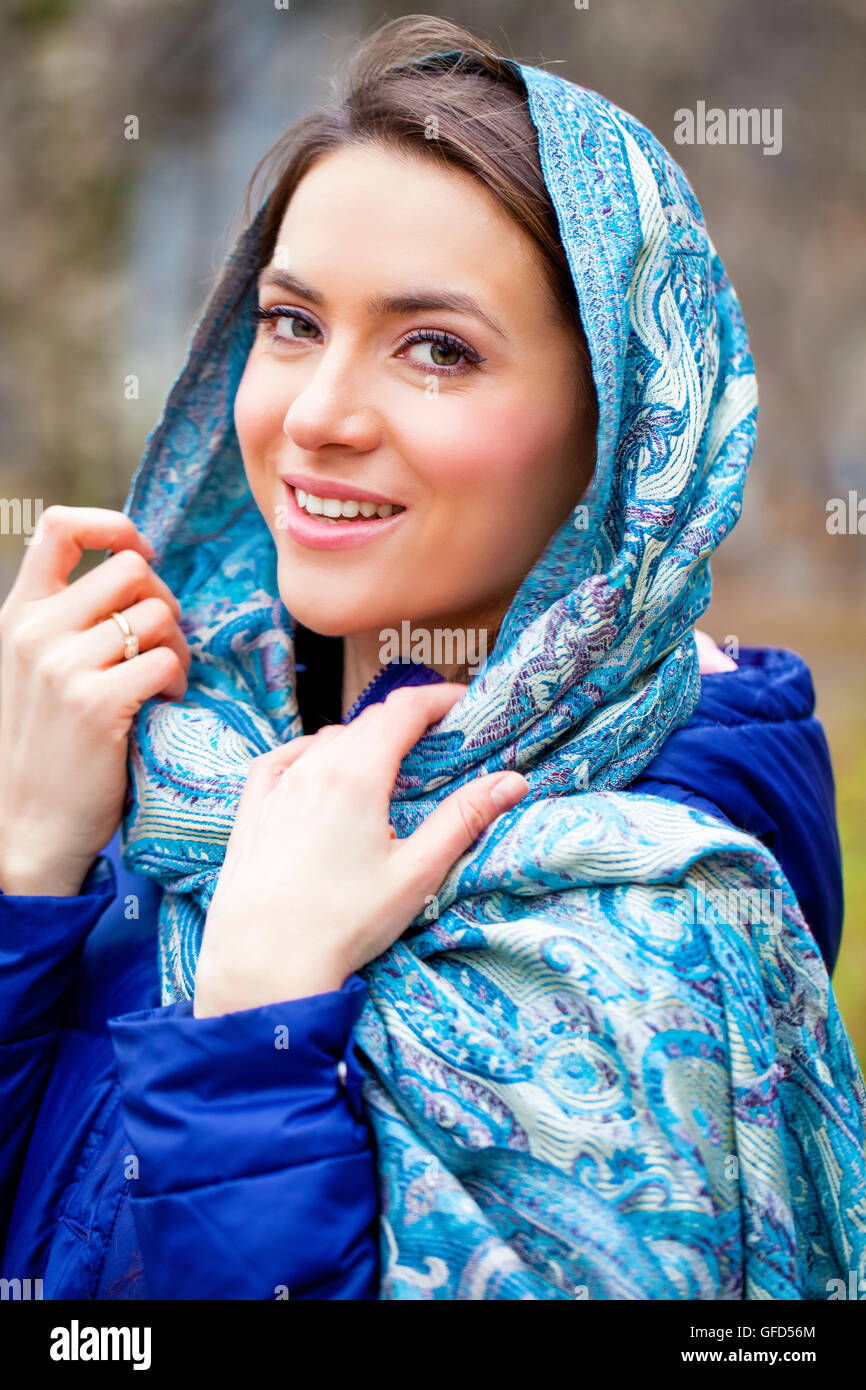Every nation, society, and religion has its own traditions and customs about what a bride does look like because it is such an important occasion. The Balkan slovenian women are no different, and when it comes to their wedding customs, they have some very intriguing ones. This article will discuss some of these distinctive Balkan bride customs that might be worthwhile preserving and honoring.
Celebrations are typically seen as celebrations of enjoy, a few getting married, and starting over in living. They were a special occasion that brought jointly two families and an entire neighborhood in the past, but they were much more than that. They were therefore a crucial part of our lives because of that.
After the bride and groom were formally engaged, wedding procedures may begin. For the community users, they and their friends did spend months sewing and embroidering clothing, linens, and towels. They moreover created unique accessories for the religion. The bride-to-be and her associates may attend each household whose individuals were expected to attend the wedding festival, and the majority of the requests were given orally.
There were some superstitions that had to be followed when it was time for the wife to input the vicar’s house. For instance, in some Bulgarian areas, it was customary for godparents to hang a particular emblem at the bride’s home after thoroughly discarding it to protect the newlyweds from poor magic and evil influences. The flag was sewn with red or green threads and hung from the groom at his home.
There might also be different beliefs, depending on the area. For instance, in Montenegro, the honeymooners were required to move over a pushover that had been covered in knives because this was supposed to guarantee that they would have guys. Additionally, it was common practice in Kosovo for the wedding to kiss sir from her mother-in-law’s hand. This was intended to keep the two’s ties calm and guarantee their happiness and prosperity.

There would be a lot of twirling and wild enjoyment following the civil and religious ceremony. Individuals enjoyed sipping rakia to savor the happiness of marriage. And even though celebrations these times are more about the few than the group and drinking, they are also a happy occasion for everyone who attends.
RFE/RL is an independent, non-profit media organization that delivers news and information to communities in 27 countries where free and responsible journalism is under threat. We report on local stories that mainstream media ignores, and offer a platform for underrepresented voices. RFE/RL’s journalists provide unbiased and informed reporting on a wide range of issues in countries where government-controlled or state-owned media cannot. You can help support our work by making a donation today. Click here for more information. Copyright 2019 RFE/RL. All Rights Reserved.




























